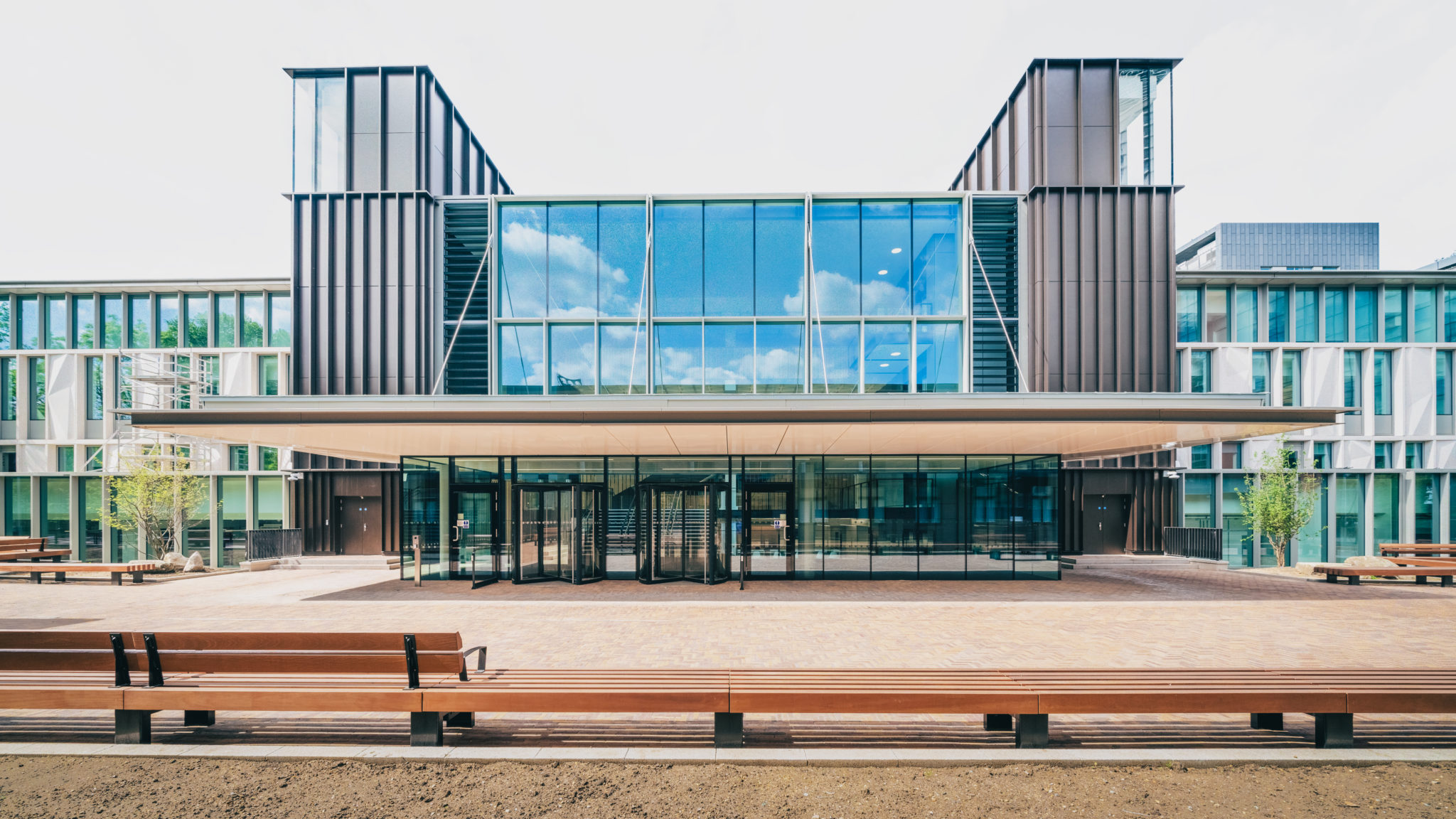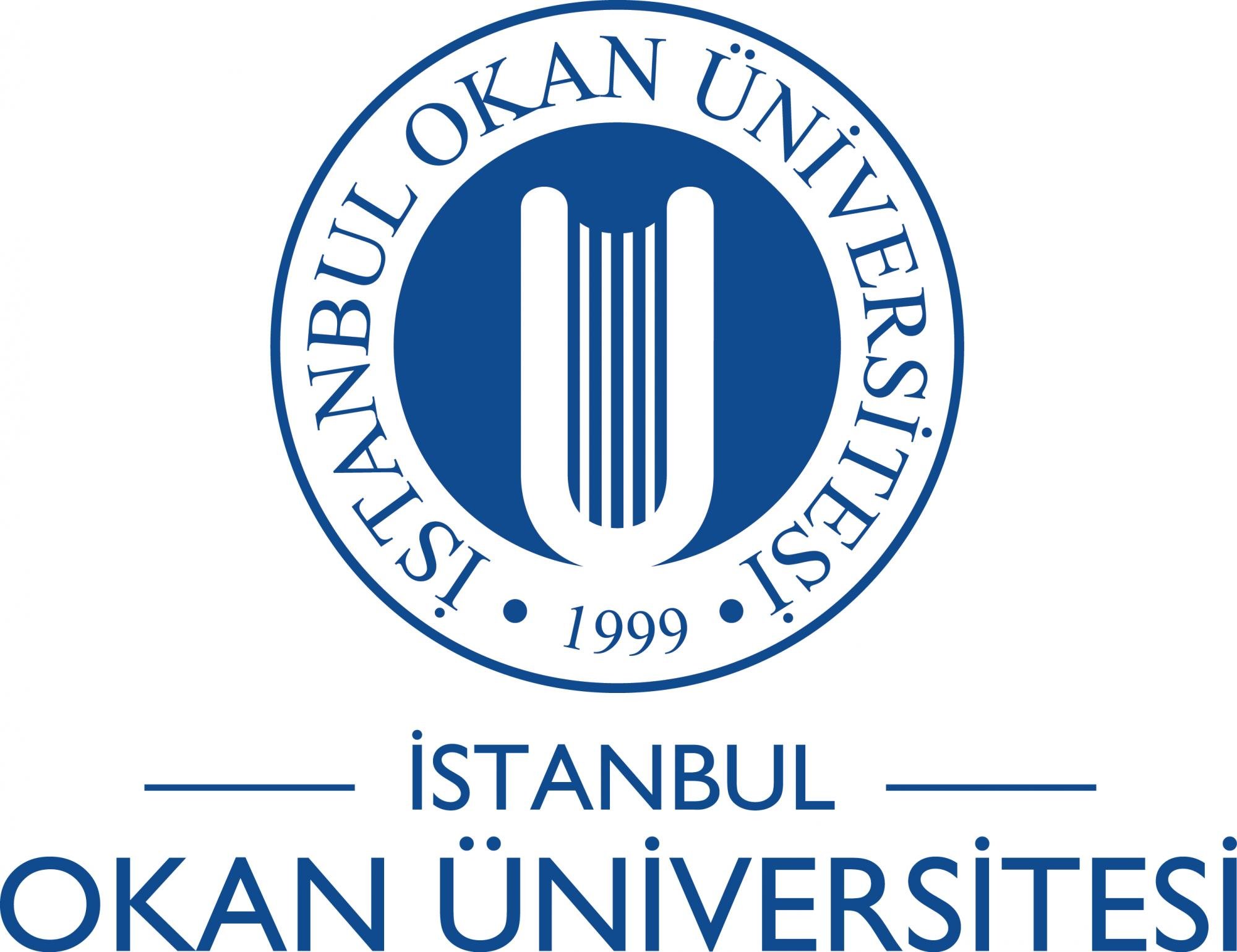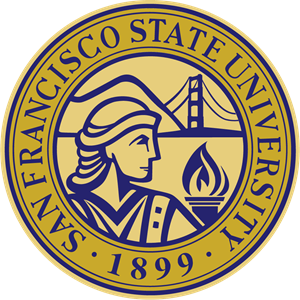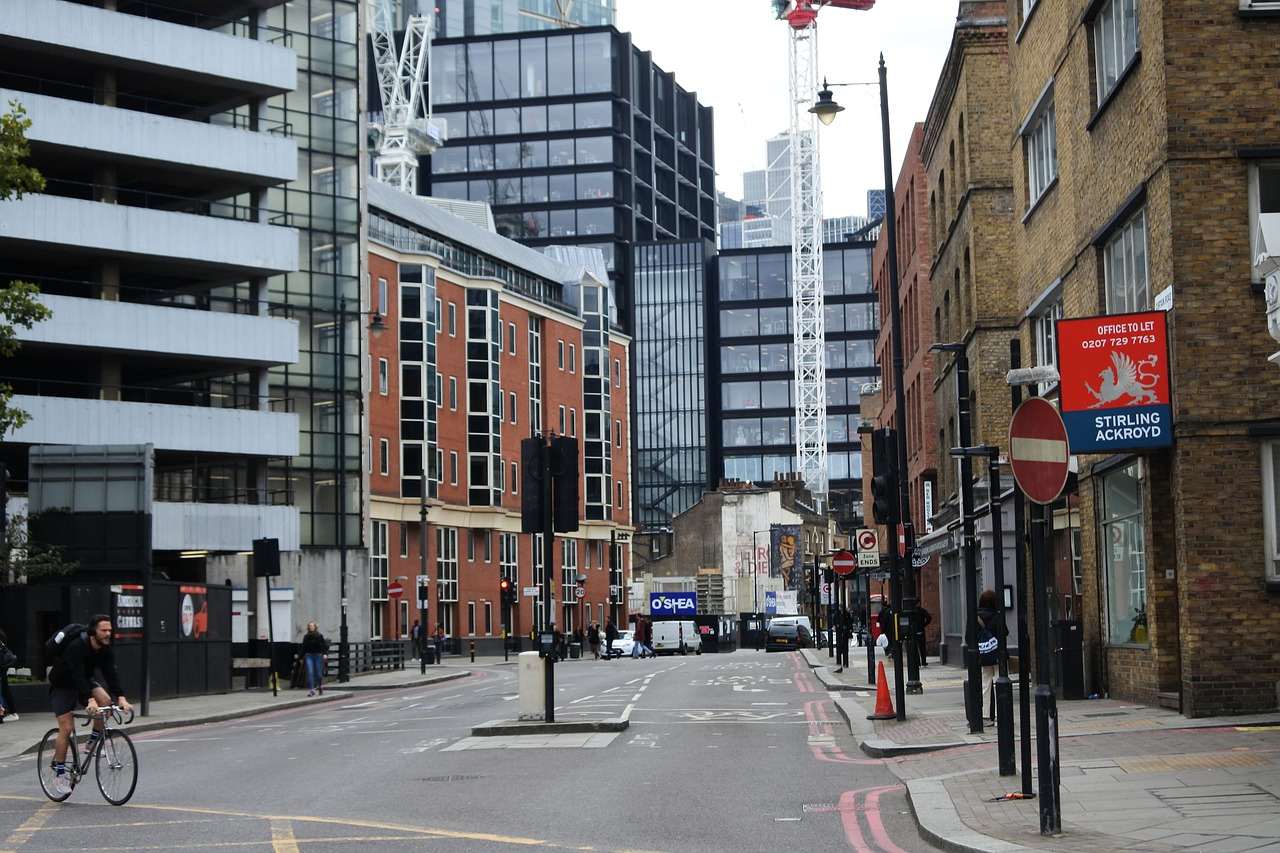
Urban Transformation (Turkish) - Non Thesis Program
Tuzla Campus, Turkey
Purpose of the Program
The need for renovation and construction in completely demolished areas as a precaution against the earthquake risk, which is a reality in our country, also brings the process of transforming cities to the agenda. These areas can be places where zoning applications have been made before, that is, land and plot arrangements have been made, as well as illegally constructed areas contrary to zoning. Today, most of these areas are densely built, with a high rate of zoning violations, inadequate infrastructure, unhealthy, and collapsed areas. Transforming and revitalizing these areas, which are widely found in many different parts of cities, is a public, humanitarian duty and responsibility. How will zoning regulations be made in these areas? How will the lands and property here be interfered with and seized? What will be the way and method of seizing the property? This way and method must have both solid legal basis and legitimacy.
It is not possible to make zoning regulations according to the method specified in Article 18 of the Zoning Law in illegal, zoning violation and densely constructed areas, even if they are zoned with earthquake risk. For this reason, the concept of 'Urban Transformation' has come to the fore in order to make zoning regulations in such areas. In places declared as urban transformation areas, it is necessary to determine a new zoning application option that will provide legitimacy and participation in order to take over land and immovable properties and to make zoning arrangements. In these areas, a new zoning application method based on value equality will meet the need. The name of this method is: ' Valuation Based Method / Equivalence Method '.
The calculation of urban values to be created with this method and their distribution among the rightful owners will be objective. The problem is to be able to create legal and administrative criteria and tools for this. Otherwise, the concept of positive urban transformation may turn into a controversial and feared concept. Urban transformation regulations compatible with the zoning law should be provided with integrated and applicable legal security as soon as possible. Without these, it seems difficult to call the applications currently planned and implemented in many places urban transformation.
Nowadays, most of the practices called urban transformation and urban renewal have become a tool for taking over the vacant and under-constructed occupied areas belonging to the treasury and creating high-density settlements. Cities are being structured with the current zoning plan changes, and the excessive and excessive urban value created by the plan decisions is being accumulated in certain hands (rent). This accumulation also makes it difficult for cities to have economic and social harmony, accessibility and controllability. It causes urban settlements to be more socially and socially separated and causes discussions with high anxiety levels. In order to seek a systematic approach and holistic solution to the problems mentioned above, it is necessary to train expert technical staff within the scope of a master's program and to contribute to the solution of these problems that local governments are facing and are likely to face with such experts.
Structure of the Program
To the Urban Transformation Master's Program;
- Geomatics Engineering
- Civil Engineering
- Map and Cadastre
- Geodesy and Photogrammetry
- Geodesy
- Town planning
- Agricultural Engineering
- Graduates of architecture undergraduate programs can apply.
All undergraduate/graduate graduates who prove their work experience - expertise - management in the applied field are accepted to the program upon the recommendation of the Program Director and the decision of the Institute Board of Directors. The Urban Transformation Master's Program will be given in two categories as thesis and non-thesis. While the thesis program aims to encourage undergraduate graduates to do research and prepare them for doctoral programs, the non-thesis program aims to train experts who will meet the needs of the country.
The Urban Transformation Master's Program is an interdisciplinary master's program. It is an application that is widely felt around the world and has come to the forefront by entering the field of interest of local administrators. Especially in developed and developing countries, various levels of education and applications have begun to be carried out on this subject.
Similar Programmes
Bachelor's Degree
48 months
Urban And Environmental Planning (With Foundation Year) BA
London South Bank University, London, United Kingdom
Earliest Intake
October 2025
Gross Tuition
16500 £
Master's & Postgraduate
12 months
Urban Design and Planning MA
London South Bank University, London, United Kingdom
Earliest Intake
January 2026
Gross Tuition
16000 £
Master's & Postgraduate
24 months
Urban Transformation (Turkish) - Thesis Program
Istanbul Okan University, Tuzla, Turkey
Earliest Intake
June 2026
Gross Tuition
5000 $
Bachelor's Degree
48 months
BA (Hons) Urban Studies & Planning
San Francisco State University, San Francisco, United States
Earliest Intake
March 2026
Gross Tuition
16400 $
Master's & Postgraduate
36 months
Urban Planning MA (Hons)
University of Dundee, Dundee City, United Kingdom
Earliest Intake
July 2026
Gross Tuition
22500 £
Uni4Edu AI Assistant









